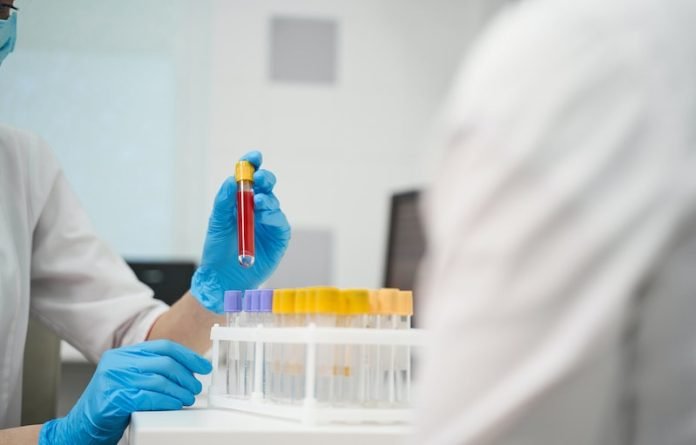
In a study from the University of Nottingham, scientists discovered the vital role of a hormone, which develops in men during puberty, in providing an early prediction of whether they could develop certain diseases in later life.
They found that the novel insulin-like peptide hormone, called INSL3, is consistent over long periods of time and is an important early biomarker for the prediction of age-linked disease.
INSL3 is made by the same cells in the testes that make testosterone, but unlike testosterone, which fluctuates throughout a man’s life, INSL3 remains consistent, with the level at puberty remaining largely the same throughout a man’s life, decreasing only slightly into old age.
This makes it the first clear and reliable predictive biomarker of age-related morbidity as compared to any other measurable parameters.
The results show that the level of INSL3 in blood correlates with a range of age-related illnesses, such as bone weakness, sexual dysfunction, diabetes, and heart disease.
The discovery of the consistent nature of this hormone is very significant as it means that a man with high INSL3 when young will still have high INSL3 when he is older.
But someone with low INSL3 already at a young age will have low INSL3 when he is older, making him more likely to acquire typical age-related illnesses.
This opens up exciting possibilities for predicting age-related illnesses and finding ways to prevent the onset of these diseases with early intervention.
In the study, the team analyzed blood samples from 3,000 men from 8 regional centers in north, south, east, and west of Europe, including the UK, with two samples taken four years apart.
The results showed that, unlike testosterone, INSL3 remains at consistent levels in individuals.
The study also showed that the normal male population, even when young and relatively healthy, still shows a wide variation between individuals in the concentration of INSL3 in the blood—almost 10-fold.
The team says now they know the important role this hormone plays in predicting disease and how it varies amongst men, they are turning our attention to finding out what factors have the most influence on the level of INSL3 in the blood.
Preliminary work suggests early life nutrition may play a role, but many other factors, such as genetics or exposure to some environmental endocrine disruptors, may play a part.
If you care about wellness, please read studies that fatigue feelings may predict death risk, and the Vitamin C health benefits you need to know.
For more information about health, please see recent studies about vitamin D deficiency linked to severe COVID-19 and death, and results showing a new way to increase the longevity of cancer survivors.
The study was conducted by Professor Ravinder Anand-Ivell et al and published in Frontiers in Endocrinology.
Copyright © 2022 Knowridge Science Report. All rights reserved.



